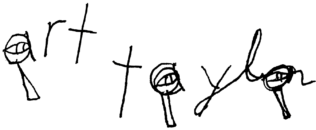A brief quote for Election Day — from William James’ “The Moral Philosopher and the Moral Life,” first presented as an address to the Yale Philosophical Club, then published in the International Journal of Ethics in April 1891, and now gathered in the collection The Will to Believe:
In point of fact, there are no absolute evils, and there are no non‑moral goods; and the highest ethical life — however few may be called to bear its burdens — consists at all times in the breaking of rules which have grown too narrow for the actual case. There is but one unconditional commandment, which is that we should seek incessantly, with fear and trembling, so to vote and to act as to bring about the very largest total universe of good which we can see. Abstract rules indeed can help; but they help the less in proportion as our intuitions are more piercing, and our vocation is the stronger for the moral life. For every real dilemma is in literal strictness a unique situation; and the exact combination of ideals realized and ideals disappointed which each decision creates is always a universe without a precedent, and for which no adequate previous rule exists. The philosopher, then, qua philosopher, is no better able to determine the best universe in the concrete emergency than other men. He sees, indeed, somewhat better than most men what the question always is — not a question of this good or that good simply taken, but of the two total universes with which these goods respectively belong. He knows that he must vote always for the richer universe, for the good which seems most organizable, most fit to enter to complex combinations, most apt to be a member of a more inclusive whole.

